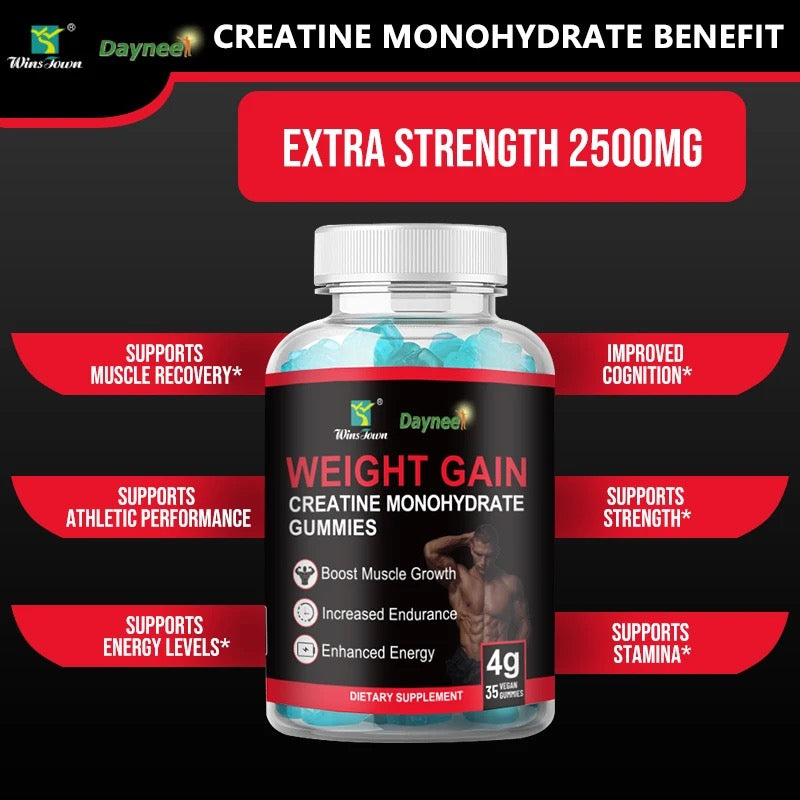What Does Creatine Monohydrate Do?
What Does Creatine Monohydrate Do?
Blog Article
The Main Principles Of Creatine Monohydrate
Table of ContentsThe Best Strategy To Use For Creatine MonohydrateAll About Creatine MonohydrateThe 5-Minute Rule for Creatine Monohydrate
The crucial takeaway is that A fascinating methodical review wrapped up a negative correlation in between creatine monohydrate supplementation and VO2 max. The writers acknowledge a danger of prejudice with the study styles because of a requirement for even more quality over randomization with nearly all researches consisted of. Just three of the nineteen research studies extensively described the analysis of VO2 max - Creatine Monohydrate.
This varies from athlete to professional athlete. If weight gain through fluid retention is an issue, quit taking creatine 1-2 weeks before competing to counter liquid retention while keeping raised creatine stores. Some individuals experience intestinal pain when taking creatine, such as bloating, cramping, or looseness of the bowels. It's crucial to note that not every person experiences intestinal distress while taking creatine, and it can frequently be taken care of by adjusting the dosage or taking it with official source dishes, as laid out by the International Culture of Sports Nutrition.
It's recommended to use it in powder kind. Worries about the long-lasting effects of creatine monohydrate supplementation on kidney (kidney) feature have been elevated.
The Ultimate Guide To Creatine Monohydrate
None of the studies examined triathletes. The unfavorable results reported in the studies associated with weight gain. As mentioned, a lot of the research studies made use of a higher-dose loading method (20g+/ day) in a brief duration that might be redirected here balanced out and avoided via a reduced dosage (such as 5g/day) for an extended period.

Let's look at the major benefits of creatine monohydrate. There is strong, trusted study showing that creatine improves health.
The majority of creatine is saved in the skeletal muscle mass in a type recognized
as phosphocreatine, or creatine phosphate. Creatine help in the production of adenosine triphosphate, reference or ATP. Even if they never ever lifted a barbell, they 'd still profit from creatine supplements.
Report this page